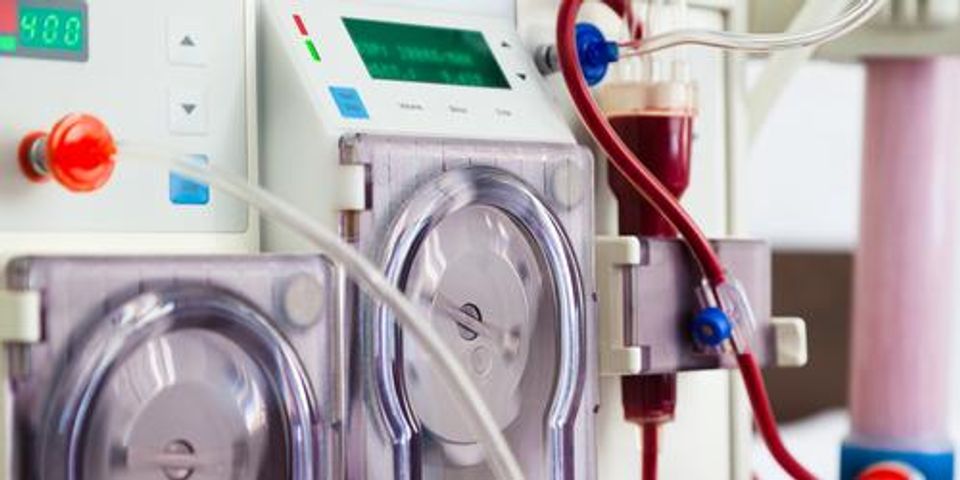What Happens When You Don’t Start Dialysis for Kidney Disease Treatment?

In cases of chronic and acute renal failure, dialysis can delay the problem from worsening and potentially save your life. But while this kidney disease treatment is strong recommended for most patients, there may be reasons why individuals may opt out of care—such as failing health from other conditions or advanced aging. Everyone has the right to decide for themselves; however, it is essential to consider the impact of the choice. Dedicated to helping patients understand their care options, Mt Auburn Nephrology in Cincinnati, OH, highlights a few factors to consider if you opt against dialysis.
What to Expect When Opting Out of Dialysis
Possible Symptoms
Dialysis helps clean waste components from the blood when the kidneys do not function properly. If their blood becomes too toxic, without the help of this kidney disease treatment, patients may experience increased fatigue, severe weight loss, and problems breathing.
Alternative Treatments
 In some cases of chronic kidney disease, dialysis may not necessarily mean the end of treatment. Depending on the specifics of the condition, following a special diet or taking certain medications may help you manage your symptoms and extend your life. However, it’s important to note there are many aspects of kidney functioning that can only be helped with dialysis or an organ transplant.
In some cases of chronic kidney disease, dialysis may not necessarily mean the end of treatment. Depending on the specifics of the condition, following a special diet or taking certain medications may help you manage your symptoms and extend your life. However, it’s important to note there are many aspects of kidney functioning that can only be helped with dialysis or an organ transplant.
Advance Directive & Hospice Decisions
Whether you choose to start dialysis or not, it’s wise to fill out advance directive forms. These legally binding documents ensure individuals will receive their preferred method of care should they be unable to make their own decisions later on. This arrangement can be helpful in the instance dialysis is not wanted.
It’s also important to make arrangements for hospice care in the event your symptoms cannot be self-managed. A trusted hospice can help with pain management and improve an individual’s quality of life.
Higher Risk of Premature Death
Survival rates without dialysis can vary depending on the individual circumstances of the patient. In end-stage chronic kidney disease, a person may only survive anywhere from a few days to several weeks. Generally, it’s recommended people discuss their individual life expectancy risk with a doctor before opting out of or discontinuing dialysis.
Choosing not to receive dialysis is an incredibly important decision. As such, it’s important you fully discuss your options and preferences with a nephrologist, your family members, and other health care providers. Those looking to get a more in-depth assessment of their kidney disease treatment options can turn to Mt. Auburn Nephrology. Staffed with experienced specialists and advanced resources, this Cincinnati practice provides state-of-the-art care for all matters related to kidney function. Visit their website to learn more, or call (513) 841-0222 to schedule an appointment.
About the Business
Have a question? Ask the experts!
Send your question

